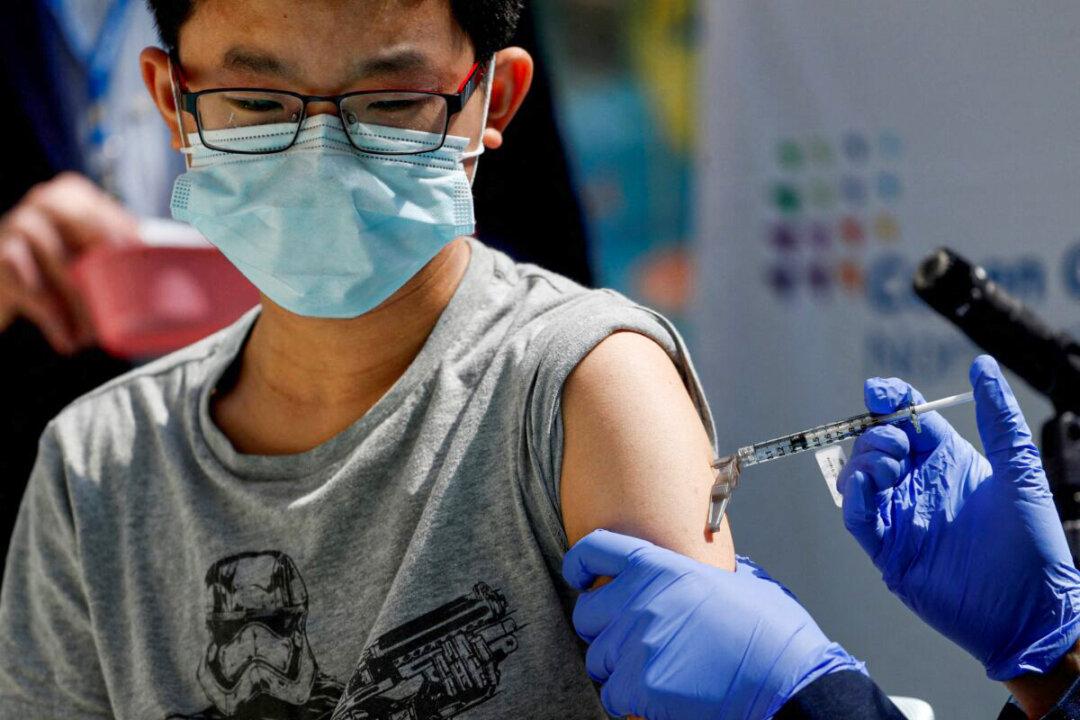Some vaccinated youngsters in the 12–20 age group have reported a hyper-inflammatory condition where the body’s immune system goes into overdrive and shows symptoms of fever and systemic inflammation involving multiple organ systems, according to a study published Tuesday.
There were a total of 5,973 cases of Multisystem Inflammatory Syndrome in Children (MIS-C) reported to the MIS-C national surveillance system of the U.S. Centers for Disease Control and Prevention (CDC) between May 14, 2020, and Nov. 30, 2021.





